The origin of consciousness was a world-defining event, comparable only with the origin of life itself. But the moment that consciousness emerged is buried deep in the evolutionary record and is hard to identify.
In this article, Simona Ginsburg and Eva Jablonka put forward their new theory about how and when consciousness evolved. They identify a unique marker of minimal consciousness that they believe drove the Cambrian explosion of biodiversity and answers the age-old question of which organisms are conscious.
MuZero is an algorithm with a superhuman ability to learn: it has learned to play 57 different Atari video games as well as Chess, Go and Shogi, and defeated the greatest human masters in every one of them. Yet, this amazing algorithm and the computer in which it is implemented are as conscious as your washing machine. Its “intelligence”, manifest in its learning ability, has nothing to do with consciousness – the ability to feel, perceive and think in the deeply subjective sense that we cherish. If you were told that you would become deprived of all subjective perceptions and feelings, you would be devastated and consider such a life to be meaningless. Intelligence – having the ability to learn and solve complex problems like MuZero does – and consciousness – being the subject of experience – seem to be unrelated.
But are intelligence and consciousness really unrelated? Most people have the strong intuition that clever animals like chimpanzees, dolphins, elephants and dogs are conscious, whereas they are less sure about animals like sea anemones, worms and slugs that show only very simple forms of learning.
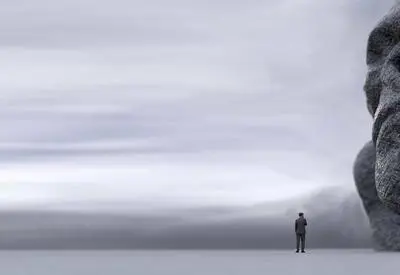 SUGGESTED READING
Consciousness Cannot Have Evolved
By Bernardo Kastrup
In the 19th century George John Romanes, an ardent follower of Charles Darwin, articulated this intuition. He interpreted animal psychology within the Darwinian evolutionary framework and defined mind (which he and others of his time used as a synonym for consciousness) in terms of the ability to make learning-based choices:
SUGGESTED READING
Consciousness Cannot Have Evolved
By Bernardo Kastrup
In the 19th century George John Romanes, an ardent follower of Charles Darwin, articulated this intuition. He interpreted animal psychology within the Darwinian evolutionary framework and defined mind (which he and others of his time used as a synonym for consciousness) in terms of the ability to make learning-based choices:
“The criterion of mind, therefore, which I propose, […] is as follows: – Does the organism learn to make new adjustments, or to modify old ones, in accordance with the results of its own individual experience?” (Romanes 1883).
Romanes thought that most animals were conscious, although the consciousness of the animals with the simplest learning capacity was correspondingly simple. Mind, and the intelligence that marked it, evolved gradually from very simple and fuzzy to very complex. He assumed that the more similar animal intelligence is to human intelligence the more developed its consciousness.
However, as the MuZero example shows, intelligence and consciousness can be decoupled. Do we therefore have to conclude that there is no deep relationship between them and forget about learning as a key to consciousness? We believe that this would amount to throwing out the baby with the bathwater. Although learning is not sufficient for consciousness, we have reached the conclusion that the evolution of learning drove the evolution of consciousness and that the cognitive architecture of complex learning in living organisms constitutes basic consciousness.
The evolution of learning drove the evolution of consciousness and the cognitive architecture of complex learning in living organisms constitutes basic consciousness.







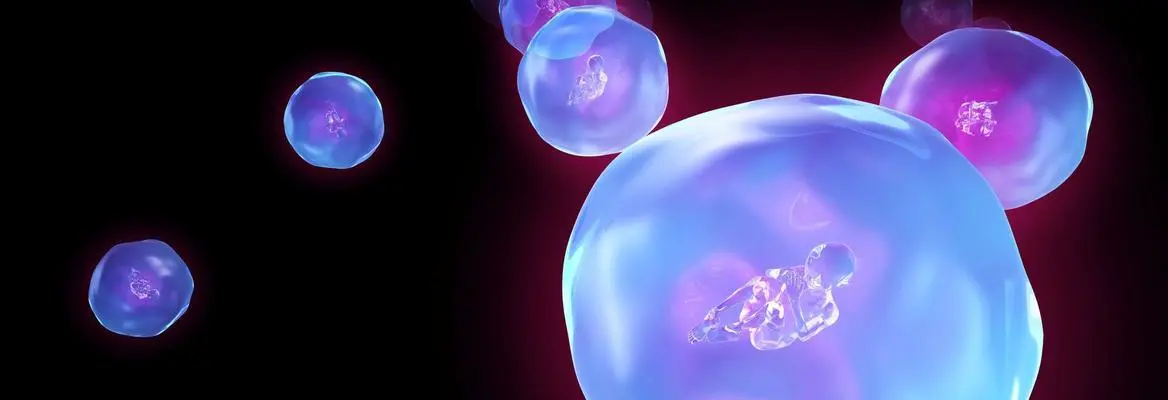


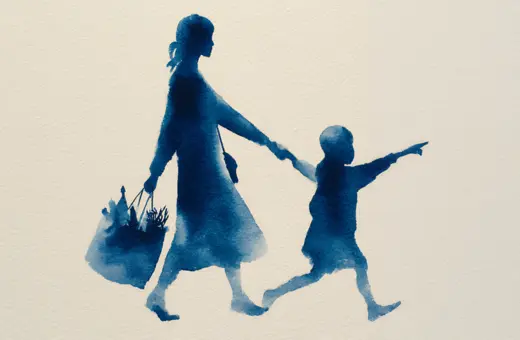
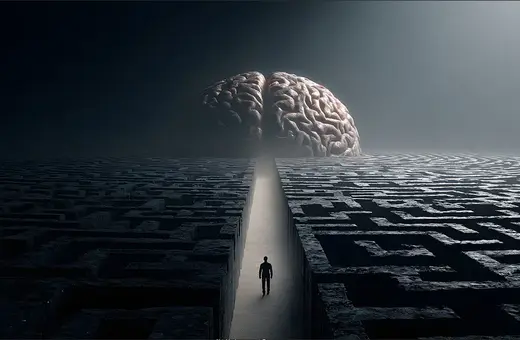
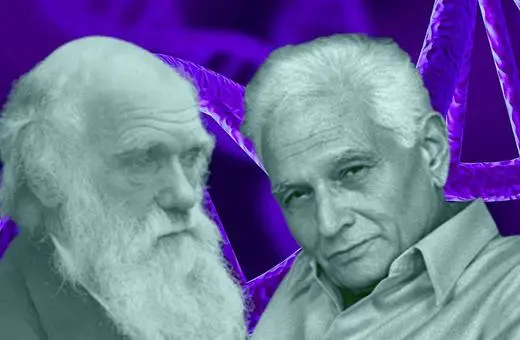
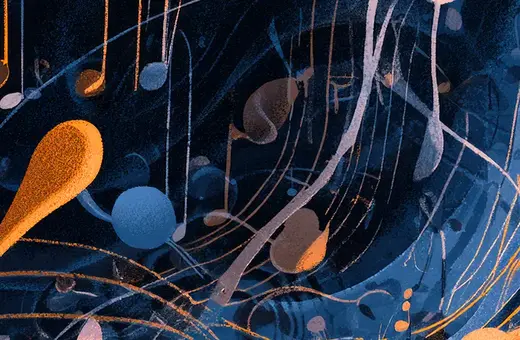
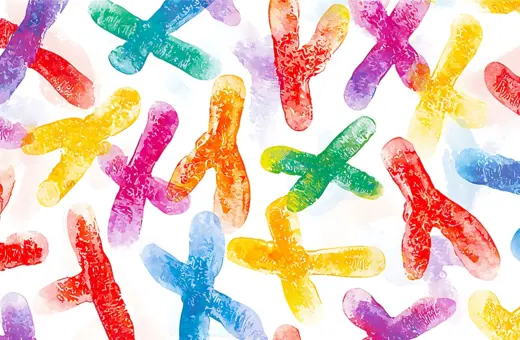
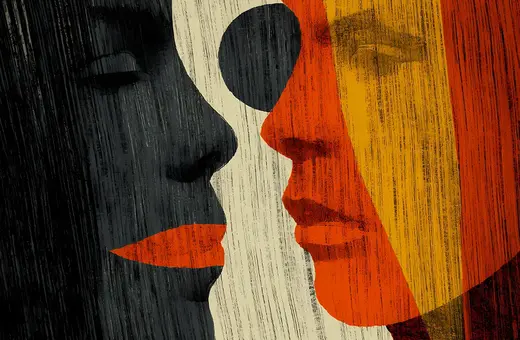
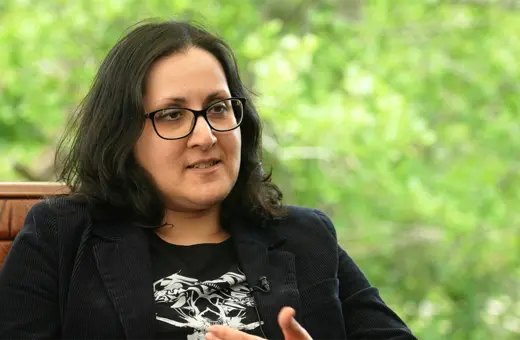




Join the conversation